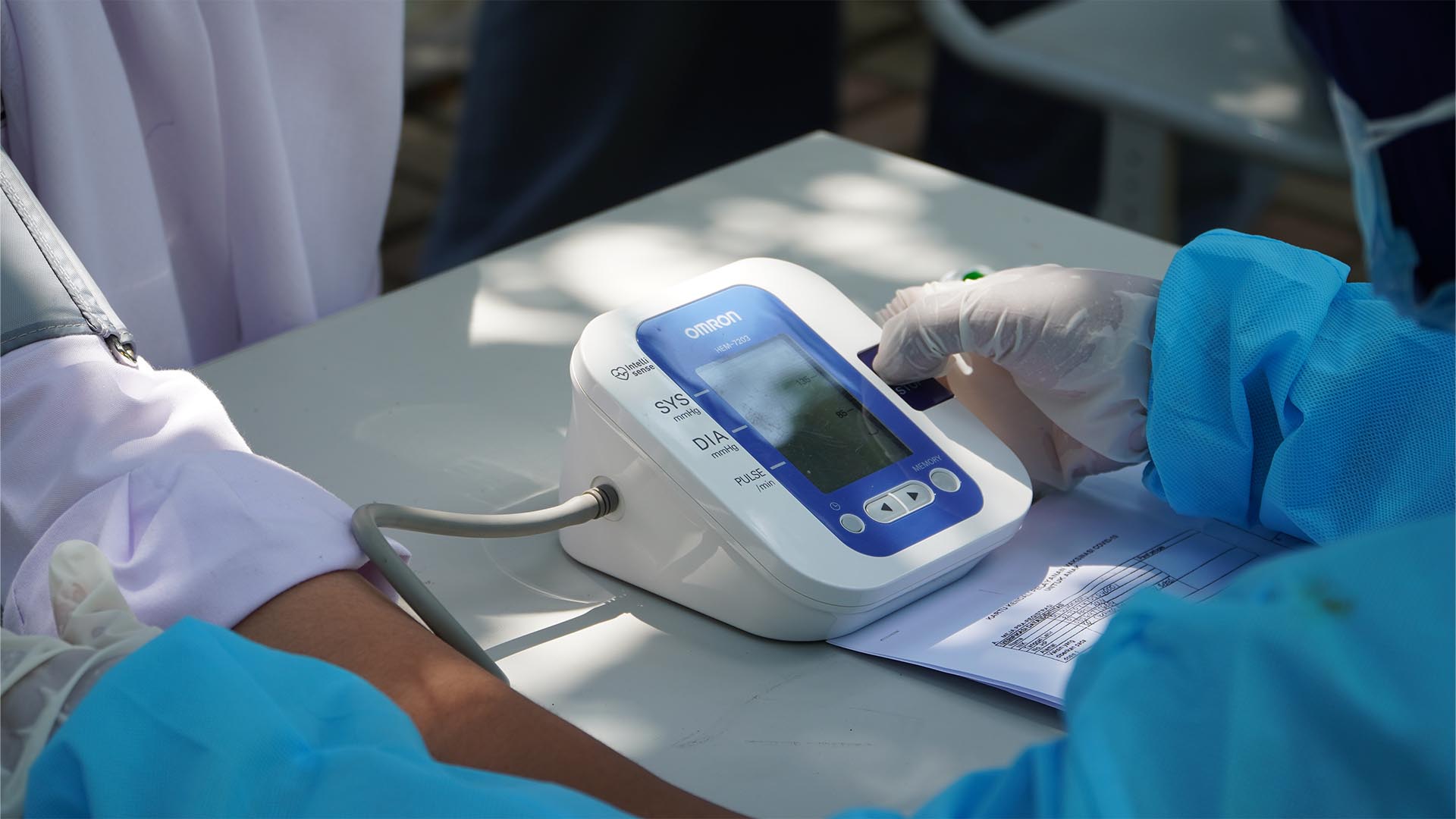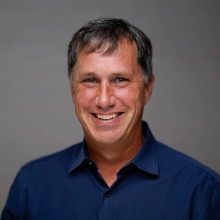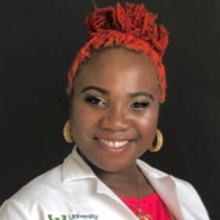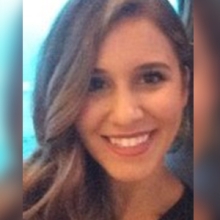ACHIEVE Hypertension (HTN)
Diseases or Conditions Being Studied
Hypertension
Communities of Focus
Black/African Americans 18 years to 95 years of age
Study Site
Detroit, Michigan, and Cleveland, Ohio
Study Objectives
Reduce cardiometabolic health disparities and downstream Black-White lifespan inequality in two cities: Detroit, Michigan, and Cleveland, Ohio.
Intervention or Treatment
Community health worked based intervention to mitigate psychosocial and life circumstance barriers to optimize health promotion coupled with high blood pressure and lifestyle disease state education
Abstract
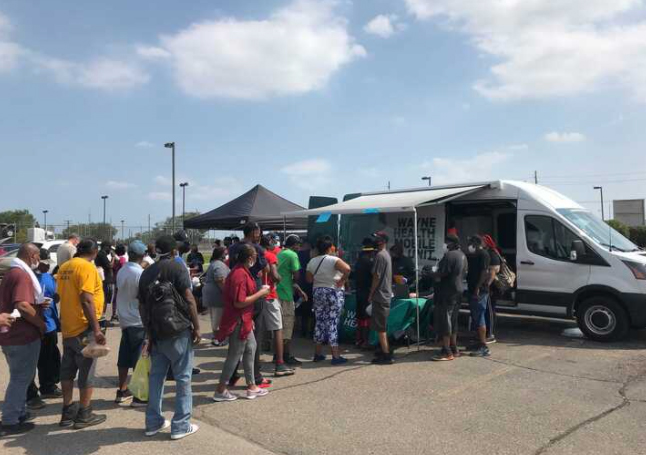
Hypertension (HTN) is the leading risk factor for global morbidity and mortality, accounting for a significant proportion of atherosclerotic cardiovascular disease (CVD), heart failure and chronic kidney disease. Even mild elevations in blood pressure (BP) are harmful whereby individuals with stage 1 HTN (130-139/80-89 mm Hg) are already at double CVD risk. Accordingly, the latest HTN guidelines advocated for earlier treatment to reduce the health consequences and prevent the progression to more severe stages which further increases CVD risk. While nearly half of all Americans have HTN, Black adults suffer from a higher prevalence, worse control rates, and more frequent adverse health effects. They are also at heightened risk for an earlier and accelerated progression from mild to more severe HTN. Unfortunately, little progress has been made over past decades in mitigating health inequities related to high BP. In fact, predominantly Black cities such as Detroit disproportionately suffer from nearly twice the national average mortality rate due to CVD.
Mounting evidence shows that pervasive negative social determinants of heath (SDoH) are major drivers of these inequities and represent a critical barrier to achieving BP control in Black hypertensives. Core issues include poor access to healthcare and a burdensome system for care linkage especially in under-resourced settings, low health education and literacy, and structural inadequacies in care delivery including a failure to address the spectrum of life circumstances that elevate BP and hinder the adoption of salutary lifestyle changes. These systemic issues must be addressed, and remedied early in the hypertension disease process, if the health burden and CVD sequela of high BP are to be successfully reduced in Black communities. To address parallel racial inequities related to COVID-19 in Detroit, we developed an innovative mobile health unit (MHU) program that uses geospatial health and social vulnerability data to target deployment of specially outfitted vehicles to predominately Black communities with the highest needs. Since April 2020, Wayne Health Mobile Unit conducted 550 events with 220 community partners where 45,000 people have been vaccinated or tested for COVID.
In PROJECT 1 (ACHIEVE HTN), of the ACHIEVE GREATER (Addressing Cardiometabolic Health Inequities by Early Prevention in the Great Lakes Region) research center, the project proposes an innovative approach to identify and control HTN at its earliest stages in undiagnosed Black adults, potentially yielding an enormous benefit towards lifetime health equity. Using a hybrid type I effectiveness-implementation and quasi-experimental design, we will leverage our MHU platform to implement a program that links low CVD risk Black adults with stage 1 HTN to collaborative care delivered by non-physicians, community health workers (CHWs) and pharmacists, consisting of a personalized, adaptable approach to lifestyle and life circumstance (PAL2) intervention for 12-months. Core features of PAL2 include the ability to choose from a menu of readily available interventions that address individual negative SDoH, culturally sensitive health and lifestyle education, and adaptability over time according to its acceptance, effectiveness (reduction in home BP), and evolving patient needs. If BP remains ≥130/80 mm Hg after 6 months, a pharmacist-directed medical treatment algorithm will be added to PAL2 to achieve timely BP control. Program benefits, including BP-lowering, will be assessed during implementation (12-months) and maintenance phases (year 2) after linkage to medical care.
Publications
- Brook RD, Dawood K, Foster B, Foust RM, Gaughan C, Kurian P, Reed B, Jones AL, Vernon B, Levy PD. Utilizing Mobile Health Units for Mass Hypertension Screening in Socially Vulnerable Communities Across Detroit. Hypertension. 2022 Jun;79(6):e106-e108. doi: 10.1161/HYPERTENSIONAHA.122.19088. Epub 2022 Mar 16. PMID: 35291803; PMCID: PMC9093230.
- Brook RD, Scirica BM, Levy PD. "The Doctor Is Out": New Tactics and Soldiers for Our Losing Battle Against Hypertension. Circulation. 2022 May 31;145(22):1629-1631. doi: 10.1161/CIRCULATIONAHA.122.059674. Epub 2022 May 31. PMID: 35639852.
